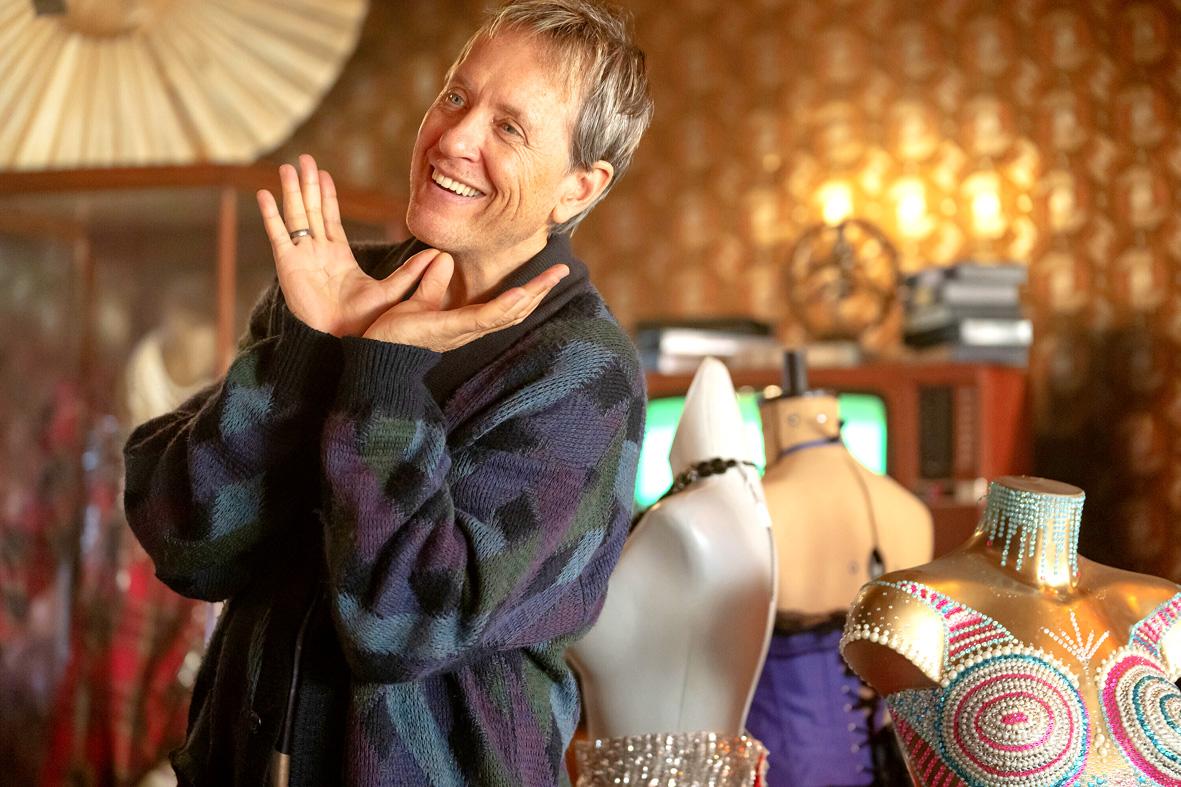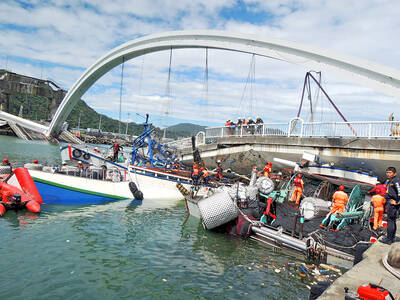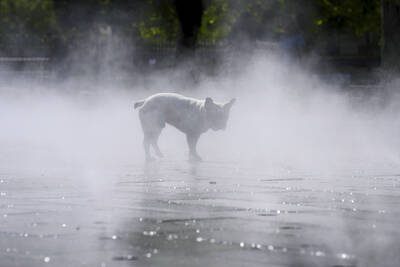Everybody’s Talking About Jamie, a predictable and glossy Billy Elliot-like musical of British working-class aspiration that’s nevertheless a joy, is the kind of movie that might have once been made about the trials of coming out as a young gay man.
But such hurdles are already well past Jamie New (newcomer Max Harwood), a confident, proudly out 16-year-old who lives in Sheffield, England. It’s not that he doesn’t have some scars from his childhood. Jamie has a supportive, adoring mother (Sarah Lancashire,) but his homophobic, remarried father (Ralph Ineson) is mostly absent. And at school, there is a boilerplate bully (Samuel Bottomley) who harasses him.
But Jamie, and Harwood’s winning performance, belong to a different, more modern era. Jamie doesn’t just want to be himself. His dreams are larger. While his school class discusses career options, he daydreams a song-and-dance number with “The Jamie Show” in lights, singing “‘Cause baby I’m a hit.” Specifically, he wants to be a drag queen. Jamie’s journey isn’t so much about self-realization as it is about self-empowerment.

Photo: AP
Everybody’s Talking About Me, which begins streaming today on Amazon Prime Video, is an adaptation of a popular West End musical, which itself came from a television documentary: Jenny Popplewell’s Jamie: Drag Queen at 16. As bedazzled as Everybody’s Talking About Jamie is, it’s based on a true story.
What’s most disappointing about the film, considering its origins, is just how distant anything like real life feels. From the first moment Jamie slides on a pair of ruby red stiletto pumps, there’s not any doubt things are going to work out for him. Those who stand in Jamie’s way — his father, the school bully and a teacher who defends the school’s code-of-conduct (the great Sharon Horgan, here playing against type and a little underused) — are too two-dimensional to take seriously. Jamie, too, can seem less like a recognizably flawed teen than a shining embodiment of optimism.
No, Everybody’s Talking About Jamie — made by much of the stage show’s creative team, including director Jonathan Butterell in his feature film directorial debut — is more of a straight-forward celebration, a victory lap for the progress made in the ongoing fight for LGBTQ rights. The movie’s most moving section comes after Jamie meets Hugo Battersby (Richard Grant, in fine form), a former drag queen known as Loco Chanelle. He mentors Jamie, discouraging him from using the name “Sandra Banana” and passionately extolling the nature of the role. “A drag queen is someone to be feared,” he says.
But what makes their encounter moving is the sense of time between Hugo and Jamie. In a historical montage, the two visit moments from the last 50 years of the gay rights movement, including the AIDS crisis and the death of Freddie Mercury, while Hugo sings This Was Me. The song, a moving and well-crafted anthem, is begun by Grant but sung mostly by Holly Johnson, lead singer of Frankie Goes to Hollywood. It puts not just Jamie, but the movie, itself, in a broader context.
There are other standout supporting performances. Lancashire, the terrific Happy Valley actor, is a well of authenticity, including in her solo, He’s My Boy. Lauren Patel, as Jamie’s Muslim best friend (and fellow outcast), is also very good. But the movie, naturally, belongs to Harwood. The young actor seems to share his character’s confidence in his own destiny; he’s best in the well-choreographed songs. The film depends perhaps too much on them, but, then again, you don’t turn the music down at a good party.
As the movie steers its way to a familiar finale — prom looms throughout, much as it did in last year’s The Prom — it’s tempting to think the production, in its preference for spectacle and studio-polished singing, is most suited to the stage. But it’s equally tempting to think having an inspiration explosion like “Everybody’s Talking About Jamie” streamed directly into 100 million homes isn’t a bad idea, either.

Before the recall election drowned out other news, CNN last month became the latest in a long line of media organs to report on abuses of migrant workers in Taiwan’s fishing fleet. After a brief flare of interest, the news media moved on. The migrant worker issues, however, did not. CNN’s stinging title, “Taiwan is held up as a bastion of liberal values. But migrant workers report abuse, injury and death in its fishing industry,” was widely quoted, including by the Fisheries Agency in its response. It obviously hurt. The Fisheries Agency was not slow to convey a classic government

It was on his honeymoon in Kuala Lumpur, looking out of his hotel window at the silvery points of the world’s tallest twin skyscrapers, that Frank decided it was time to become taller. He had recently confessed to his new wife how much his height had bothered him since he was a teenager. As a man dedicated to self-improvement, Frank wanted to take action. He picked up the phone, called a clinic in Turkey that specializes in leg lengthening surgery — and made a booking. “I had a lot of second thoughts — at the end of the day, someone’s going

Not long into Mistress Dispeller, a quietly jaw-dropping new documentary from director Elizabeth Lo, the film’s eponymous character lays out her thesis for ridding marriages of troublesome extra lovers. “When someone becomes a mistress,” she says, “it’s because they feel they don’t deserve complete love. She’s the one who needs our help the most.” Wang Zhenxi, a mistress dispeller based in north-central China’s Henan province, is one of a growing number of self-styled professionals who earn a living by intervening in people’s marriages — to “dispel” them of intruders. “I was looking for a love story set in China,” says Lo,

It turns out many Americans aren’t great at identifying which personal decisions contribute most to climate change. A study recently published by the National Academy of Sciences found that when asked to rank actions, such as swapping a car that uses gasoline for an electric one, carpooling or reducing food waste, participants weren’t very accurate when assessing how much those actions contributed to climate change, which is caused mostly by the release of greenhouse gases that happen when fuels like gasoline, oil and coal are burned. “People over-assign impact to actually pretty low-impact actions such as recycling, and underestimate the actual carbon